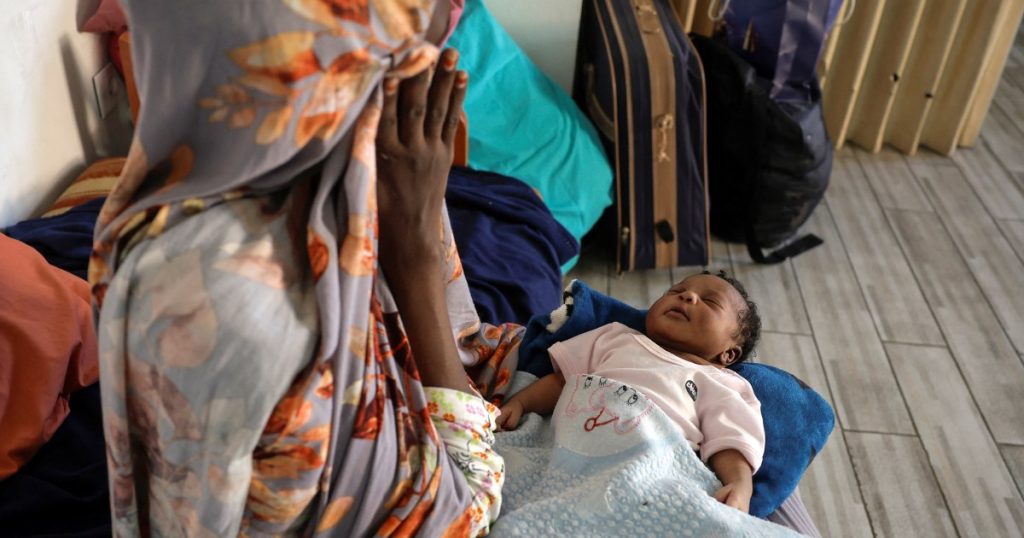In Lebanon, African migrant domestic workers are facing severe challenges due to the ongoing war between Israel and Lebanon, exacerbated by a financial crisis and the COVID-19 pandemic. Soreti, an Ethiopian migrant, described the Israeli air strikes in her neighborhood as a massacre, with many people being killed or injured. Many foreign domestic workers, who make up a significant portion of Lebanon’s workforce, have been displaced and are struggling to find shelter or repatriation options. The escalating violence has left many migrants stranded and in desperate need of assistance.
The kafala system in Lebanon, which governs the legal status of migrant workers, has been criticized as akin to modern-day slavery. Under this system, migrants are not afforded the same protections as other workers and are left vulnerable to abuse and exploitation. Many migrant domestic workers have been abandoned by their employers and left to fend for themselves, further exacerbating their precarious situation. The lack of support from African diplomatic missions in Lebanon has left many migrants without avenues for repatriation or legal assistance.
Recent attacks on Lebanon by Israel have left many cities and neighborhoods devastated, displacing thousands of people, including migrant workers. African migrants, in particular, have faced discrimination and barriers to accessing shelters or assistance. Many have been forced to sleep outdoors or seek help from grassroots organizations for shelter and basic necessities. The lack of support from major humanitarian agencies like the International Organization for Migration has left migrant communities to rely on local initiatives for support.
The situation for African migrants in Lebanon is dire, with many facing a dual challenge of living under Israeli bombardment and discrimination due to their skin color. The ongoing conflict has worsened their already vulnerable position as migrant workers in a country that does not provide adequate legal protections or support. The experiences of migrant workers like Selina and Sandrine highlight the systemic issues of racism and neglect faced by African migrants in Lebanon, who are often excluded from public shelters or denied assistance based on their nationality.
Despite the efforts of grassroots organizations and migrant-run initiatives to provide shelter and support to displaced African migrants, the scale of the crisis is overwhelming. As winter approaches and the conflict continues unabated, the need for humanitarian assistance and international intervention becomes increasingly urgent. The stories of migrant workers like Soreti, Wubayehu, and Tsigereda underscore the human cost of war and displacement, particularly for vulnerable communities who are often marginalized and overlooked in times of crisis.
The plight of African migrant workers in Lebanon reflects larger issues of systemic discrimination, exploitation, and neglect faced by vulnerable populations in conflict-affected regions. As the conflict in Lebanon escalates and the humanitarian crisis deepens, the need for coordinated international action to support displaced migrant communities becomes more urgent. The stories of resilience and survival shared by migrant workers in Lebanon shed light on the urgent need for solidarity, support, and protection for all individuals affected by conflict and displacement.













